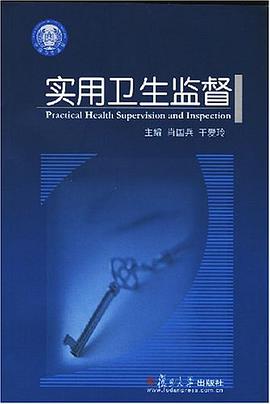

This book explores the nature of finiteness, one of most commonly used notions in descriptive and theoretical linguistics but possibly one of the least understood. Scholars representing a variety of theoretical positions seek to clarify what it is and to establish its usefulness and limitations. In doing so they reveal cross-linguistically valid correlations between subject licensing, subject agreement, tense, syntactic opacity, and independent clausehood; show how these properties are associated with finiteness; and discuss what this means for the content of the category. The issues explored include how different grammatical theories represent finiteness; whether the finite/nonfinite distinction is universal; whether there are degrees of finiteness; whether the syntactic notion of finiteness has a semantic corollary; whether and how finiteness is subject to change; and how finiteness features in language acquisition. Irina Nikolaeva opens the book by describing the history of finiteness and its place in current thinking and research. She then introduces the chapters of the book, comparing the authors' perspectives and showing what they have in common. The book is then divided into four parts. Part I considers the role finiteness plays in formal syntactic theories and Part II its deployment in functional theories and as the subject of research in typology. Parts III and IV look respectively at the finite/nonfinite opposition in individual languages and at the role finiteness plays in linguistic change and linguistic development. The book is written and structured to appeal to scholars and students of syntax and general linguistics at graduate level and above.
具體描述
讀後感
評分
評分
評分
評分
用戶評價
相關圖書
本站所有內容均為互聯網搜索引擎提供的公開搜索信息,本站不存儲任何數據與內容,任何內容與數據均與本站無關,如有需要請聯繫相關搜索引擎包括但不限於百度,google,bing,sogou 等
© 2025 qciss.net All Rights Reserved. 小哈圖書下載中心 版权所有




















